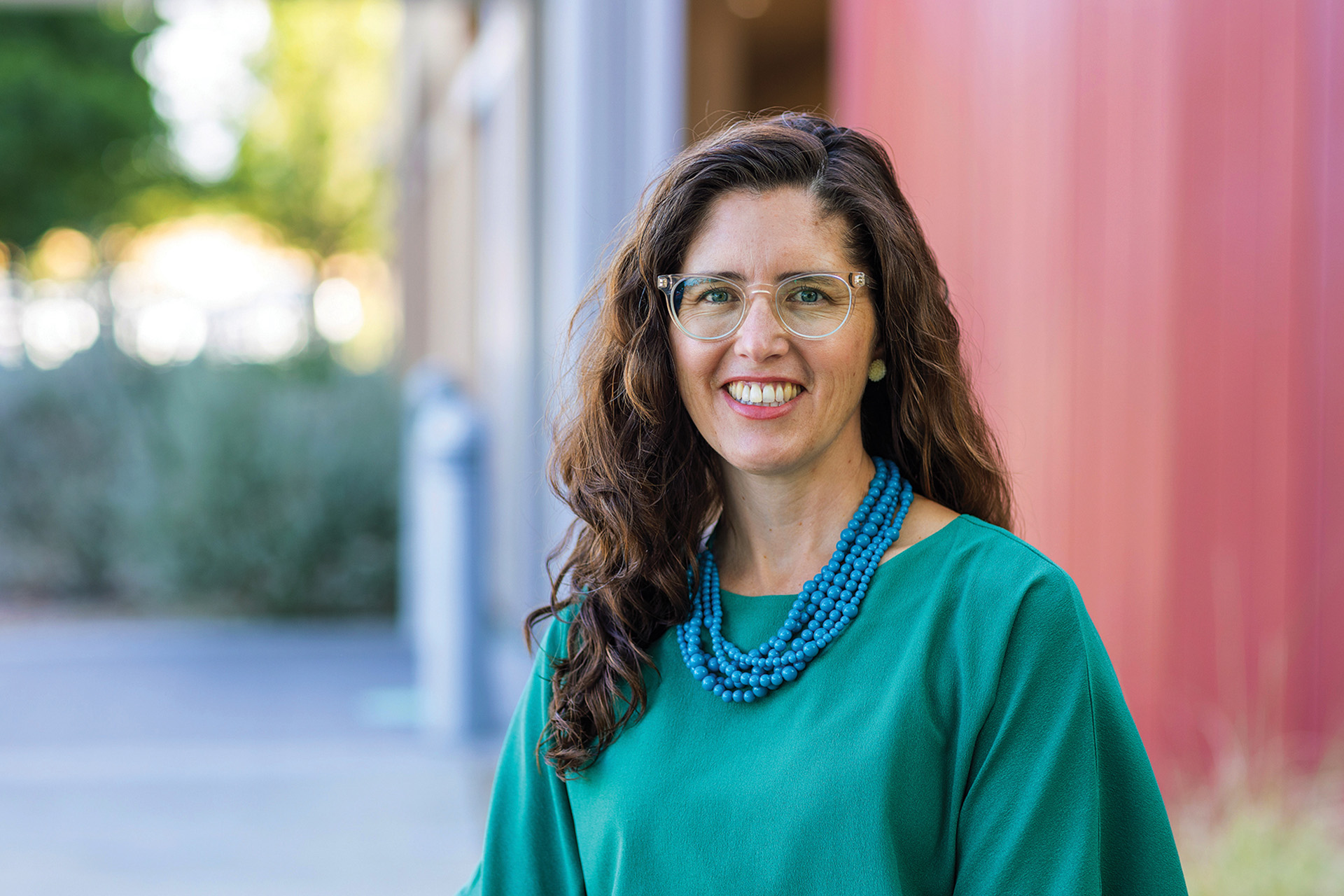Kaiser Permanente physicians are now screening children under age 18 and pregnant people for traumatic childhood events, such as family violence, neglect, or having a parent in prison, with the aim of heading off associated mental or medical problems that sometimes take years to manifest.
The screening, in the form of a clinician office questionnaire, followed extensive Northern California physician training on how to treat someone who has experienced trauma in childhood.

“We know there is a relationship between childhood trauma, or adverse childhood experiences, and negative health outcomes later in life,” said Kari Carlson, MD, an associate executive director for The Permanente Medical Group and a Redwood City og-gyn. “By screening for these events, we can inform treatment and connect patients to resources and other support to help them improve their health and well-being.”
Close to 3 million California children, or 35%, have experienced adverse childhood events, according to the California Department of Public Health. For example, 11% of those 3 million children have had trouble with housing or having enough to eat, 4% have witnessed domestic or neighborhood violence, and 4.6% have had a parent or guardian in jail.
The negative health effects include risk of injury, sexually transmitted diseases, teen pregnancy, pregnancy complications, suicide, and chronic diseases such as cancer, diabetes, and heart disease, to name a few, according to the Centers for Disease Control and Prevention. The higher the number of these experiences, the higher the likelihood a person will have negative health effects.
At Kaiser Permanente, when children come in for a well check or a pregnant patient answers “yes” to 3 or more questions about adverse childhood events, their physician initiates a conversation that can lead to support and potential referrals for treatment.

“I had a conversation with a woman today who had an adverse childhood experience score of 3 out of 10,” said Carey Watson, MD, Kaiser Permanente regional medical director of the Family Violence Prevention Program and an Antioch ob-gyn. “She had never talked about her experiences with anyone, but now she wanted to. When I offered a referral to the embedded psychologist, she was grateful and accepted.”
Dr. Watson said screening pregnant people is especially helpful because they are thinking about what parenthood means to them, and they may want to do things differently than their parents.
“We encourage support and offer referrals for those with a score of 3 or more adverse childhood experiences, but it is up to the patient on what they prefer,” said Dr. Watson. “We have found that what works best for people who have experienced these traumas is variable and depends on the person.”
She said for some patients, just the screening is helpful, and they do well with provided resources. For others, a health psychologist might be more appropriate.
Across Northern California, patients are offered 10 questions, including “Did you live with anyone who was depressed, mentally ill or attempted suicide?” and “Did a parent or adult in your home ever swear at you, insult you or put you down?”
Dr. Carlson said Kaiser Permanente has screened over 360,000 children since it started asking the questions in 2021 and about 43,000 pregnant people are screened each year.
All physicians in Northern California were trained how to respond to patients who report childhood trauma, said Armika Berkley, Kaiser Permanente Northern California regional director of Strategy and Operations and Social and Behavioral Determinants of Health.
“The big picture is that if we are doing this well, we are mitigating the potential of these negative outcomes or we’re preventing them,” said Berkley.





This Post Has 0 Comments